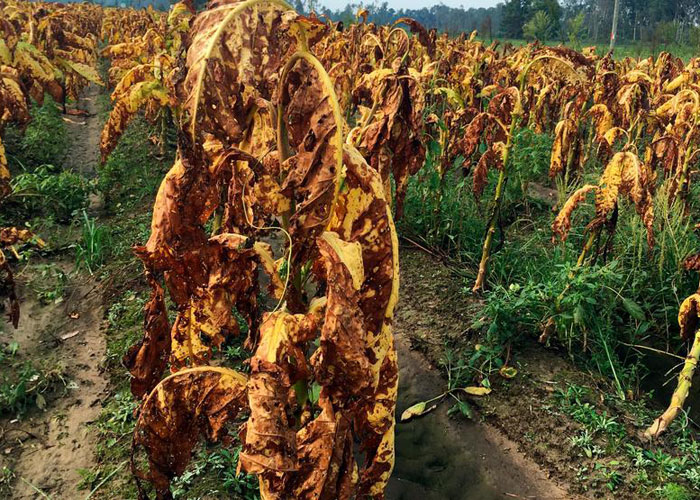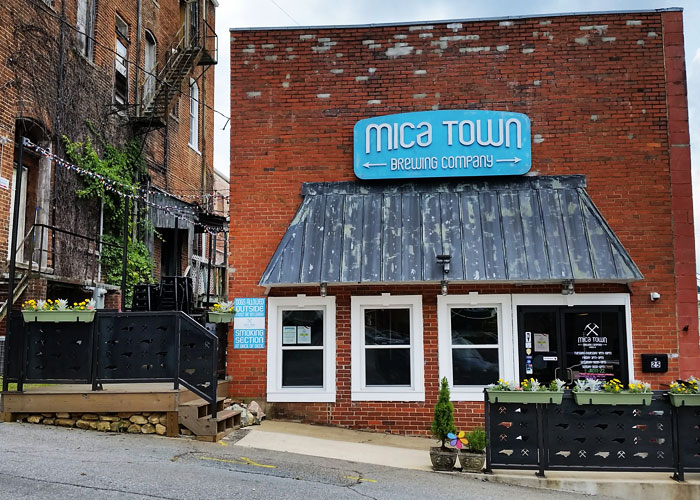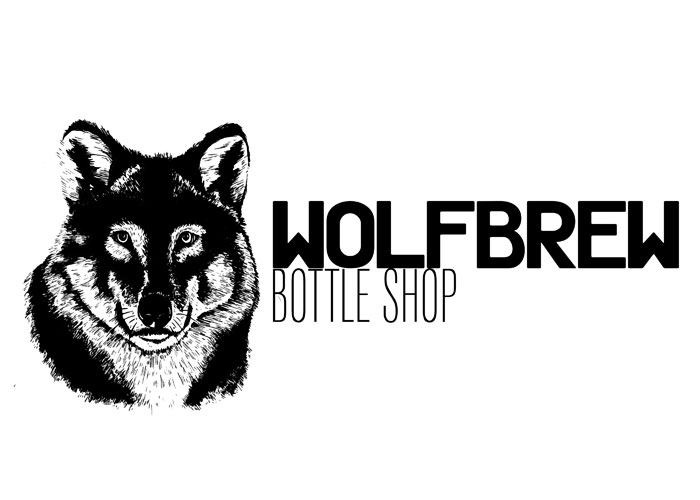Guest Post by Heather Barnes. North Carolina and other states on the east coast were hit by Hurricane Florence just over one week ago. The storm’s winds battered crops and its rainfall, more than 30 feet in some areas, caused flooding that closed major interstates and shut down entire towns. Agriculture, the number one industry in my state, took a hard hit, the full extent which won’t be known for months. The needs of the agriculture community are great, and may not be as obvious as you think.

We need you to know we prepared for this storm. Generators were checked, fuel and feed were stockpiled. Animals were moved to higher ground (more than 20,000 hogs alone). Knowing North Carolina is in hurricane alley, hog farmers began preparing lagoons in August, so these manure storage ponds would be able to hold as much rain water as possible. You can read more about how lagoons work on the NC Pork Council website.
We need you to know farmers stayed behind, even when told to leave. There are no livestock on our farm, but we had tobacco barns running and didn’t leave. Livestock farmers stayed on their farms, sometimes in the barn, putting themselves in harm’s way to protect the animals in their care.
We need you to see the photos and videos farmers have posted on social media, including:
– farmers using ATVs, trucks, boats or even helicopters to get feed to their animals
– workers carrying feed to poultry in 5-gallon buckets because there was no power to run the automatic feeders inside the chicken houses
– tobacco almost melting off the stalk, cotton bolls hardened by rain, sweet potato fields under water and other crop damage
– the farmers whose pig, chickens and turkeys were in houses with power when their children were not.
We need you to feel the pain of our loss as we stand looking at a crop we worked 80-hour weeks to grow, only to lose it all; to feel the tears we shed at the loss of livestock that drowned; the desperation of livestock owners, like a former coworker of mine, who were stranded with their animals and asking for help to get their horses feed without a thought of their own food needs.
We need you to know family farms of all types were impacted by this storm; both large and small. Livestock, row crop, fruit and vegetables, all were affected including conventional and organic. From first generation to seventh generation, part-time farmer and full-time farmer, family farms that sell at your local farmers market, to your local grocery store and internationally, all were impacted.
We need you to stop assuming “Crop insurance will pay all their bills.” It does not. Federal crop insurance is complicated, but the cliff notes version is it only covers certain crops (row crops like cotton and corn, not vegetable crops like sweet potatoes) and only a percentage of your production. Homeowners insurance covers replacement costs of your home. Crop insurance does not replace the lost income from a damaged crop. Many farmers will not farm another year after this loss, just two years after they suffered losses from Hurricane Matthew.
We need you to realize food safety and animal welfare rules don’t stop because of the storm. Do you really believe drowned animals will enter the food chain? NO. Do you believe crops covered by overflowing creeks, ponds and other bodies of water will be harvested for human consumption? NO. If you believe that, then you must think the fish drowned along Interstate 40 will also end up in the food chain.
We need the media to interview farmers if they want to cover the true story of this hurricane. Get sound bites from those of us who make our living from the land. Talk to the commodity groups and other agriculture organizations that haven’t been watching from afar, but from the ground beside us.
We need photos and video that are used in stories about Florence to have actually been taken during or after Florence. I’ve seen photos circulating that were taken after Hurricane Floyd in 1999 accompanying reports of Florence’s damage. North Carolina saw huge losses, particularly in the livestock industry, from Floyd and learned many lessons which resulted in less loss of livestock and less discharge from hog lagoons from Florence. It is disappointing to see photos from almost 20 years ago being circulated and passed off as current. It’s even more disheartening to read the comments from people who take them at face value. Photos from 20 years ago aren’t relevant, unless you want to highlight all the improvements farmers have put in place since then.
We need the media to verify the authenticity of photos and video before they broadcast or print it. Some news media have reported on “hog farms”, including photos or videos that weren’t farms at all but municipal waste facilities, poultry farms, warehouses or some other structure. Some hog houses that were shown no longer house pigs and haven’t in many years.
We need you to spread the word that farmers needing assistance can call the NC Department of Agriculture and Consumer Services emergency hotline at 866-645-9403. Some farmers lost all the hay they had baled for winter and pastures have been flooded. Without hay or feed, they will be forced to sell animals. Many are still cleaning up their farms and can’t take supplies now, but will need them. NCDA&CS, NC Cooperative Extension and many commodity associations also have information related to disaster relief and recovery posted on their websites.
We need help. Immediate needs include temporary or permanent fencing, salt blocks, minerals, feed and hay. These and other supplies are being accepted at the Emergency Farm Supply Distribution site in Pink Hill (call 252-521-1706). Financial donations are being accepted by the Lenoir County Extension office which is working directly with the distribution site. Checks can be made payable to the N.C. Agriculture Foundation (tax deductible) or Lenoir County (not tax deductible) and should be sent to:
Lenoir County Cooperative Extension
Attn: Eve Honeycutt
1791 Hwy 11 55
Kinston, NC 28504
The North Carolina Farm Bureau Foundation is also working to help farmers impacted by Florence.
We need our fellow farmers, who have helped each other through other storms and will continue to do so.
We need to give thanks to the lineman who have restored power, the communities who have supported us, the truckers who brought feed through the flood waters, the volunteers who have fed us and everyone who has donated not only to farmers, but to everyone impacted by Florence.
We don’t need you to kick us when we’re down. Even before the storm, as farmers were preparing for Florence to hit land, anti-agriculture organizations were in the sky looking for problems. News reports on the losses have not always been accurate and most include reader comments telling farmers we brought this on ourselves, how much we don’t care about the livestock in our care and other negative thoughts.
We need boots on the ground, not eyes in the sky. If you are going to fly over our farms, at least drop a load of hay or some fuel on your way over.


